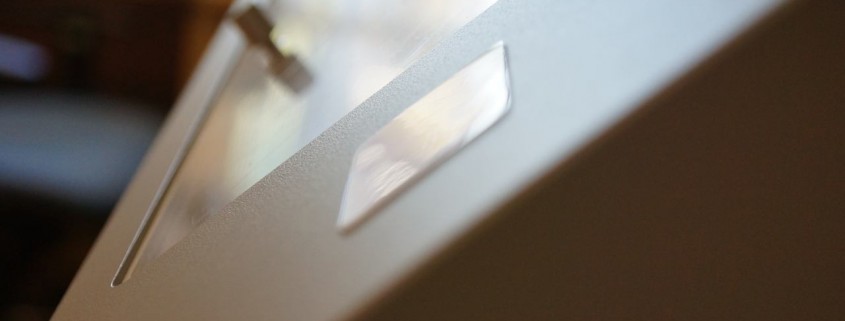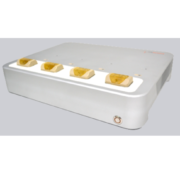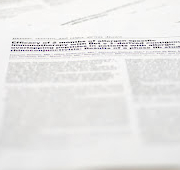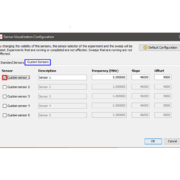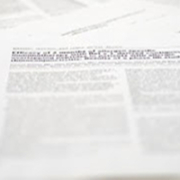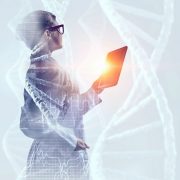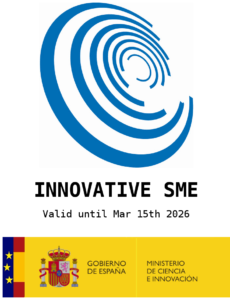Why using AWSensors technology in Lithium-Ion Battery Research?
February 9th 2017
AWSensors and the second largest university in Israel, Bar-Ilan University, signed an agreement to collaborate on lithium-ion battery and energy storage research. AWSensors will work with the Group of Electrochemistry, the most important of Israel. It is led by Professor Doron Aurbach, awarded in 2005 by the Electrochemical Society (ECS) for his work on batteries. He will also receive the 2017 Alan J. Bard Award in Electrochemical Science. The Award is considered one of the greatest honors in electrochemistry.
We talked with Prof. Mikhael Levi, who will lead the Collaboration Agreement, about why he is interested in using AWSensors technology. Here we present a brief summary about what he told us.
– Could you explain briefly your interest in battery and energy storage research?
The interest stems from the attempt to a deeper understand the mechanism of ions intercalation into battery electrodes. A more simple case relates to electrode behaviors in aqueous solutions because of negligible effect of the parasitic reactions, absence of surface-electrolyte interfaces (SEI), higher conductivity of solutions compared to that in aprotic solvents, etc. A more complicated and practical case relates to Li-battery electrodes in non-aqueous (aprotic) solutions when extremely high potentials of cathodes and extremely low potentials of anodes are reached. At these extreme potentials a strong competition between the intercalation reactions and parasitic processes of decomposition of electrolyte solutions occurs. On the one hand, this makes interpretation of QCM data non-trivial requiring a rigorous control over keeping external conditions constant (temperature, pressure, non-slipping interfaces, bubble gas evolution, etc). On the other hand, QCM-based research can provide reliable information on tracking the mechanical properties of surface-electrolyte interfaces (SEI) which major role is to prevent or at least to reduce the effect of the parasitic reactions. By QCM-based research we understand it beyond the gravimetric method of operation and analysis implying easy access to not only resonant frequency but also to the related motional resistance or other similar damping characteristics such as resonance peak width or dissipation factor.
– Why do you feel that the agreement with AWSensors will benefit your research interest?
I have mentioned that the extreme operating potentials of anodes and cathodes cause numerous difficulties in QCM applications. We are currently trying to overcome may be the most severe difficulty in adjusting QCM technique for battery electrodes characterization by matching QCM measurement conditions to the conditions used in practical Li-ion batteries. In practical batteries the ratio of active electrode mass to mass of solution is large ensuring suppressed contribution of parasitic reactions, diminishing of self-discharge rate, increasing capacity retention and ensuring good Faradaic efficiency.
QCM measurements relate to flooded cell with the reverse ratio of electrode and electrolyte mass: the mass of the electrode coating used in QCM is limited to low-mass-approximation. On the other hand, the amount of electrolyte in contact with the crystal is high. In principle the amount of electrolyte is limited by the penetration depth (much less then micron).However it is difficult to build the electrochemical cell with such a small separation.
Attempts to increase the loading mass are linked to recording precise shape of the resonance curves on different harmonics to check vertical and spatial heterogeneity of thick coatings, pre-requisite for deciding whether harmonic analysis can be applied to intercalation processes in thick electrodes. We are sure viscoelastic effects are present in thick electrodes already in air and the role of viscoelastic effect increases after contact with liquids.
Are you investigating on batteries?
Are you interested in learning more about AWSensors technology?
Please, CONTACT US for information about the coming workshop on lithium-ion battery research with AWSensors instruments.

